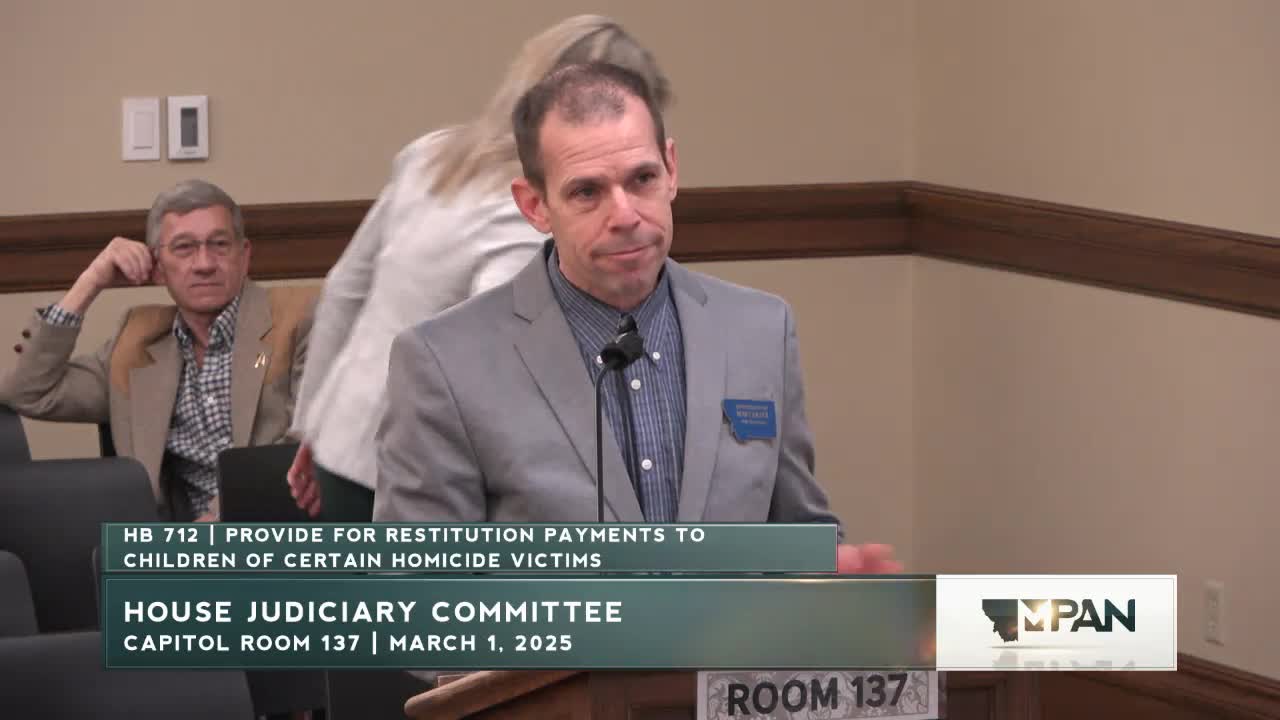Article not found
This article is no longer available. But don't worry—we've gathered other articles that discuss the same topic.
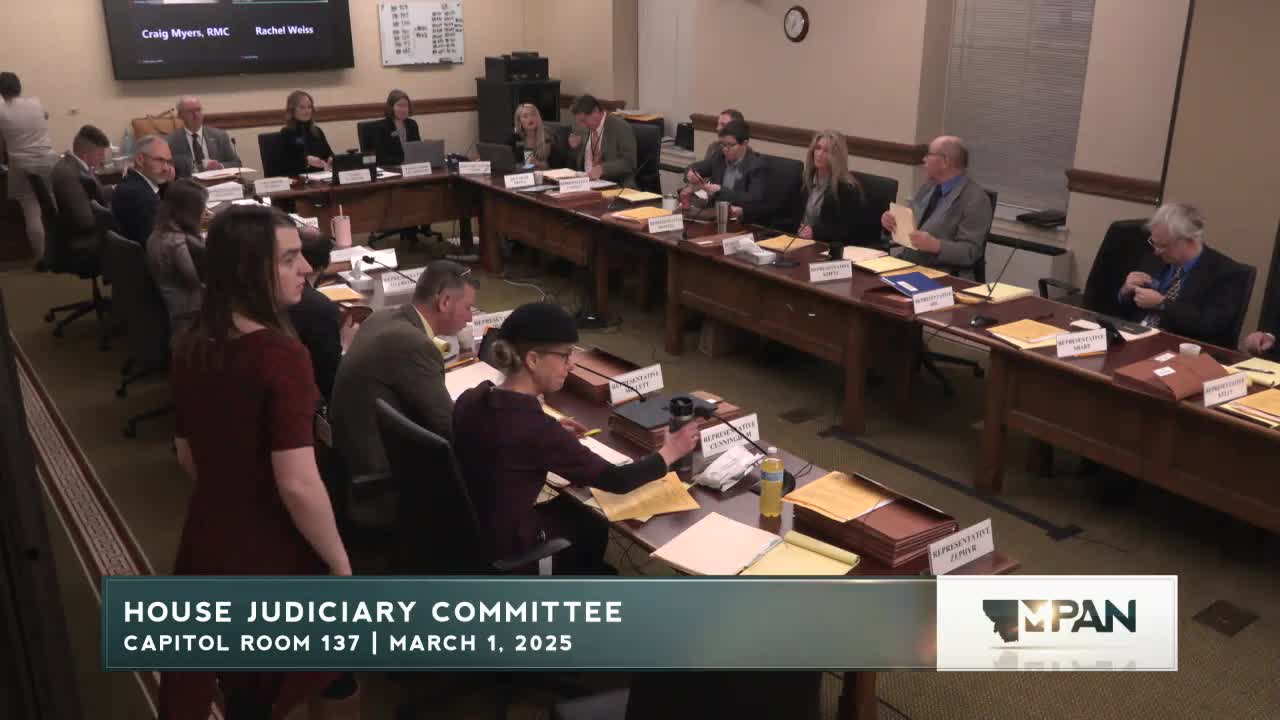
House hearing spotlights bipartisan push to require asbestos transparency, limit over-naming in lawsuits
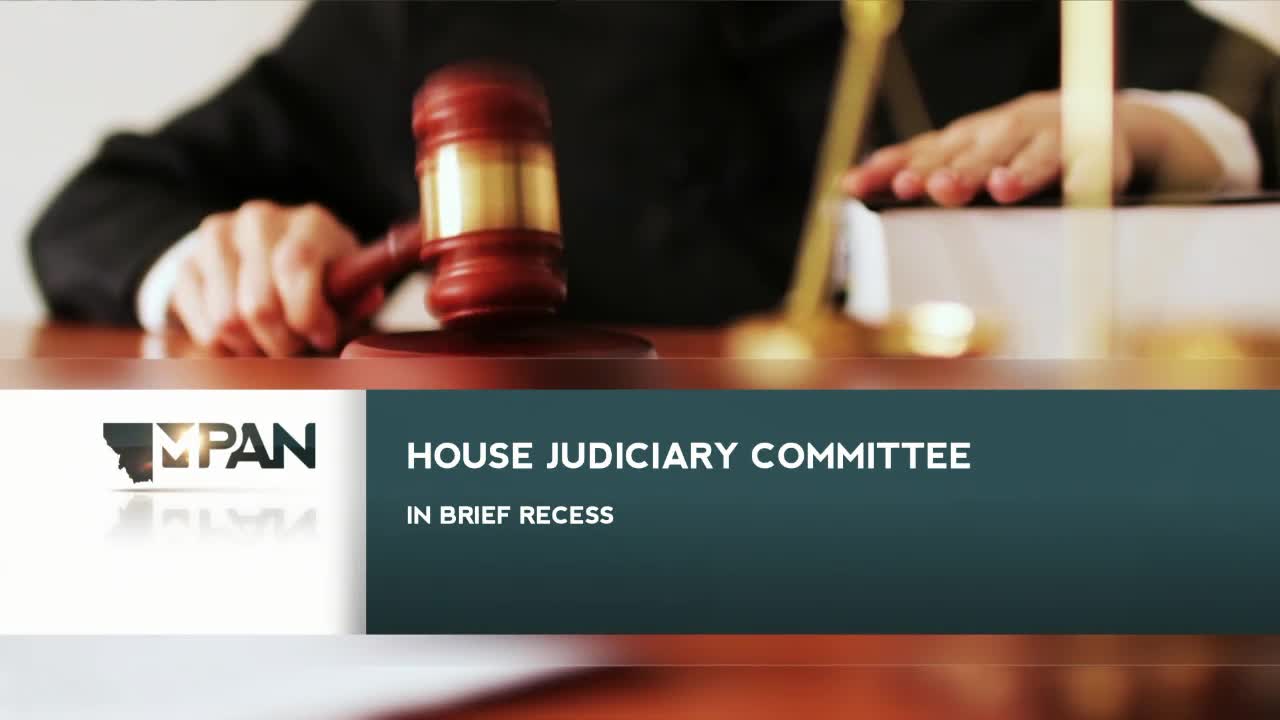
Committee hears bills to extend malpractice and insurance coverage windows for minors harmed by gender-transition care
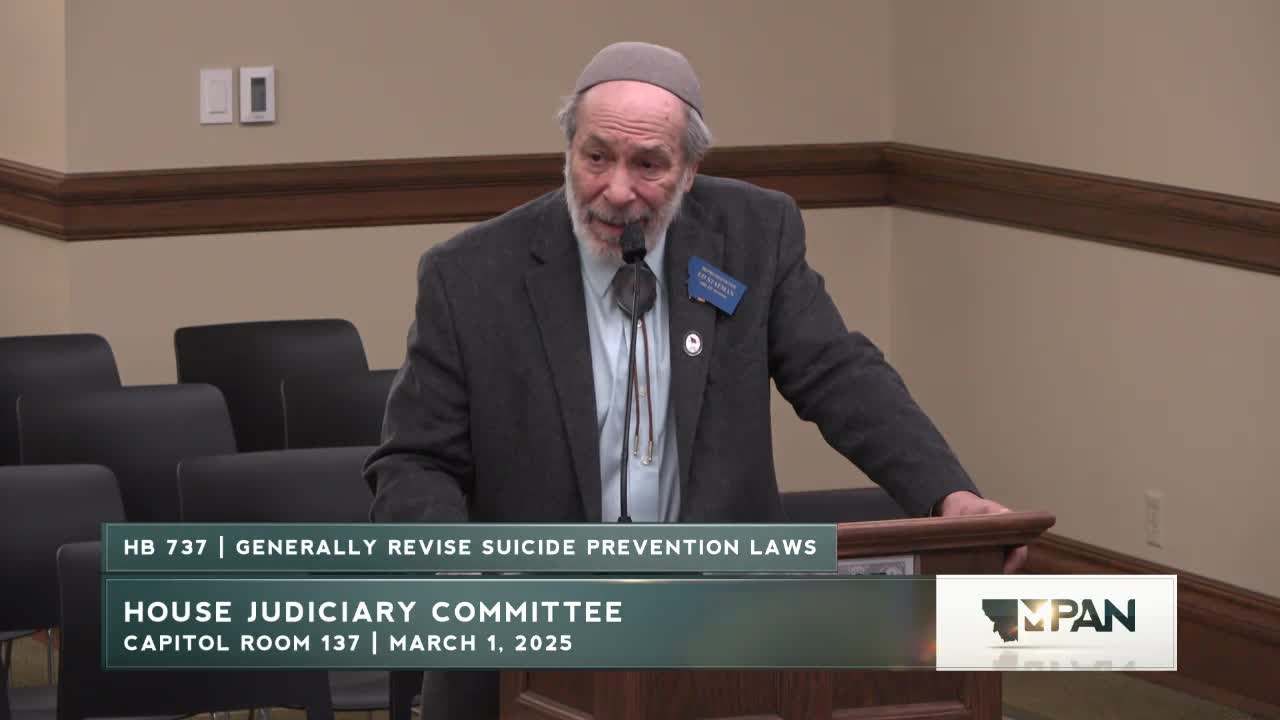
Committee hearing on bill that would treat parental support for child gender transition as custody factor draws large turnout
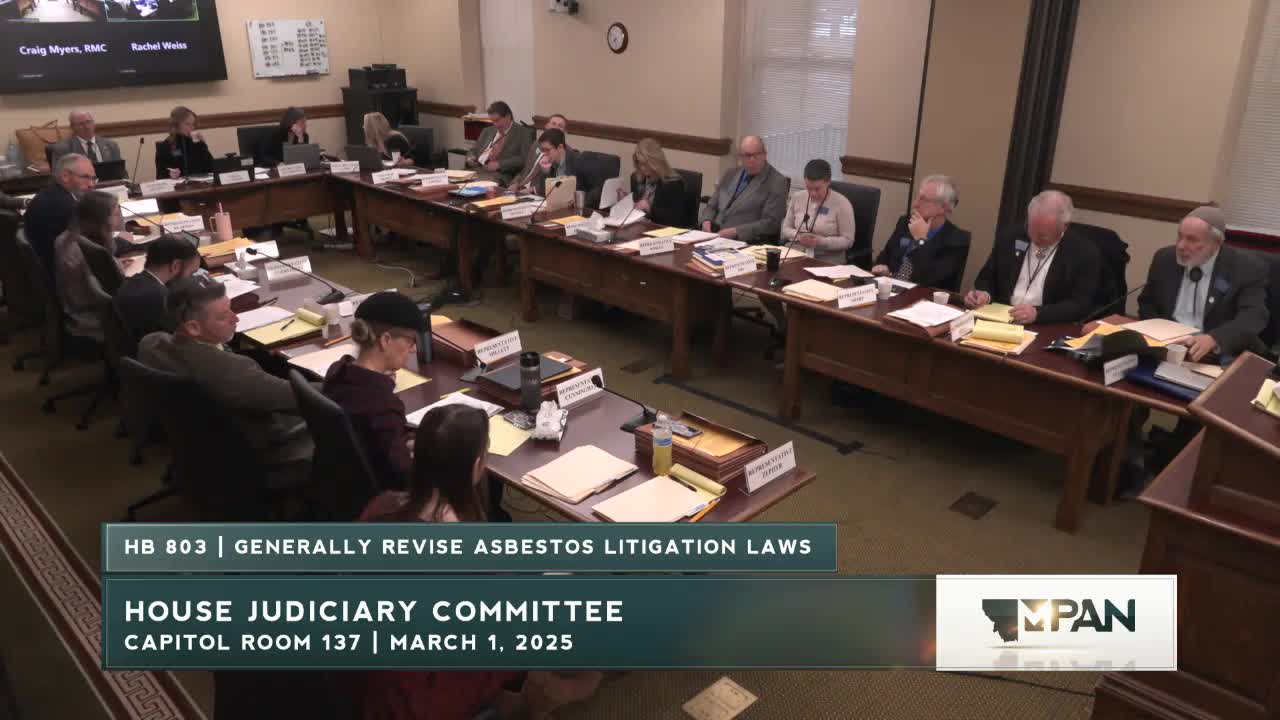
Committee hears 'Donna's Law' proposal to let people voluntarily block firearm purchases during mental-health crises
